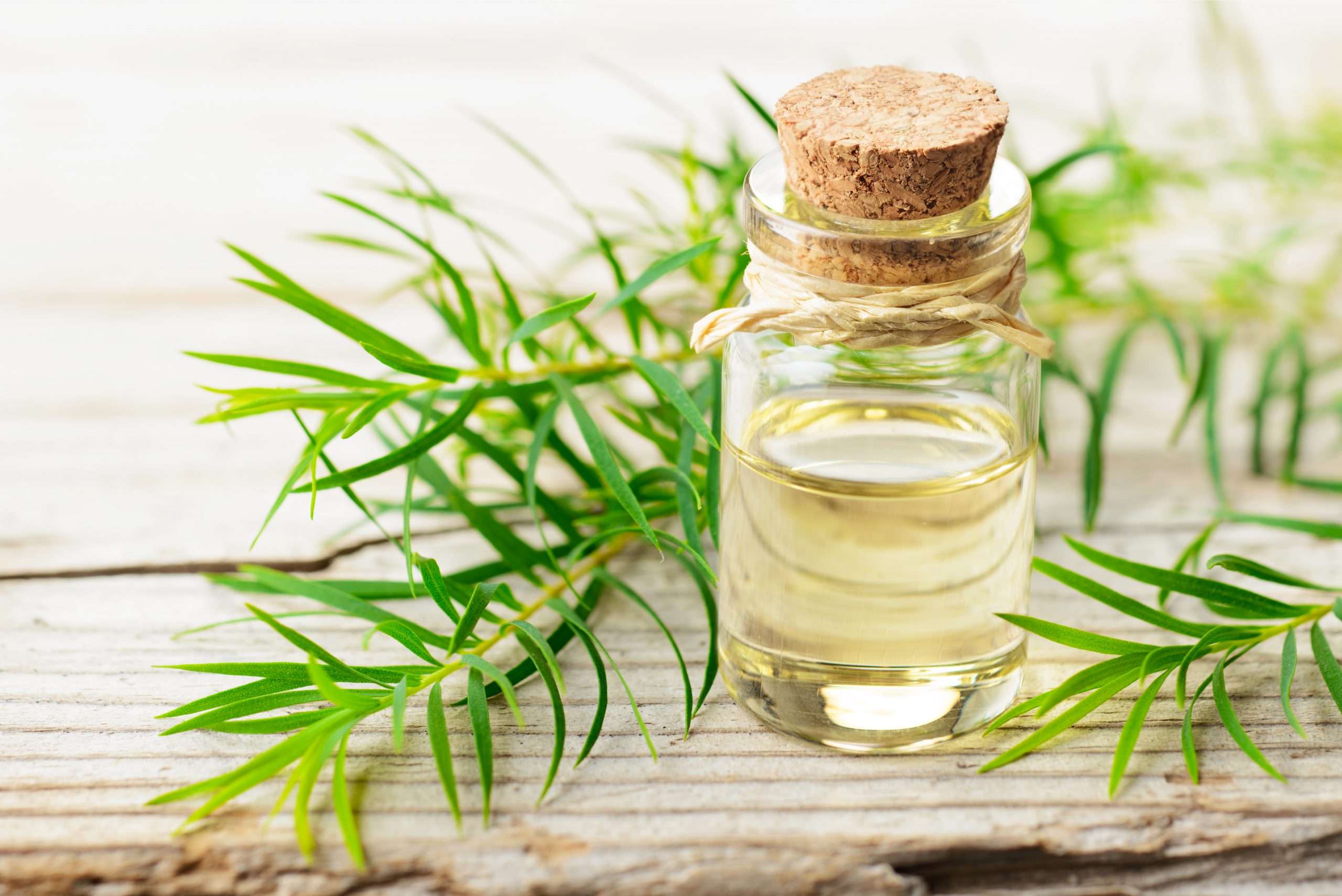
Tea tree can be used as part of a holistic regime for a variety of issues. Here is a guide to Tea tree and its benefits for your skin, body and hand hygiene.
Comprehensive Guide to Tea Tree Oil
The myths, the legends and sometimes the facts are what make herbal remedies so fascinating. They are recipes that were used by our ancestors and used in today’s world with very similar applications. But what is it about natural ingredients, such as the tea tree, that we find so useful? Let us take a closer look at the humble tea tree and what makes it so valuable all these generations later.
Where does Tea Tree come from?
Tea tree oil, also known as melaleuca oil, is derived from the leaves of the tea tree that is native to parts of Australia. It has been used as a herbal treatment for centuries, and traditional medicine tea tree is trusted as a topical treatment for skin conditions, even today.
What does Tea Tree do?
The oil possesses antibacterial, anti-inflammatory, antiviral, and antifungal properties, making it an effective wound healer. The plant extract also assists in healing wounds and is effective in treating infections while the oil is also used as a natural sanitiser and an antifungal. Based on these applications, the uses of the oil are extensive and include use as a herbal treatment for dandruff, acne, lice, herpes, insect bites, scabies, and skin fungal or bacterial infections.
What are the benefits for your skin?
As a result of the amazing abilities of tea tree, it’s also an ingredient in skin treatments. The oil is a natural moisturiser and terpenes in the oil are a natural solvent for makeup, so it can be used as a cleanser. Its ability to heal wounds and reduce inflammation makes tea tree useful to treat skin problems such as acne and insect bites. And finally, its antibacterial properties make it perfect for use in body and hand hygiene such as sanitisers and soaps. Tea tree oil has been used for skin infections and fungal infections such as athletes foot, while hygiene products that use tea tree oil as an ingredient such as soap for skin infections have been used with great results.
While the uses for tea tree oil should be part of a more holistic application, this has not stopped tea tree from becoming a central part of natural remedies, health products and hygiene habits. It’s a common additive in today’s hygiene soaps and other products because of the amazing soothing, healing and protective properties it offers. The next time you are looking for a natural antibacterial, anti-inflammatory, antiviral or antifungal treatment, consider tea tree oil or products enriched with this wonderful essential oil.




